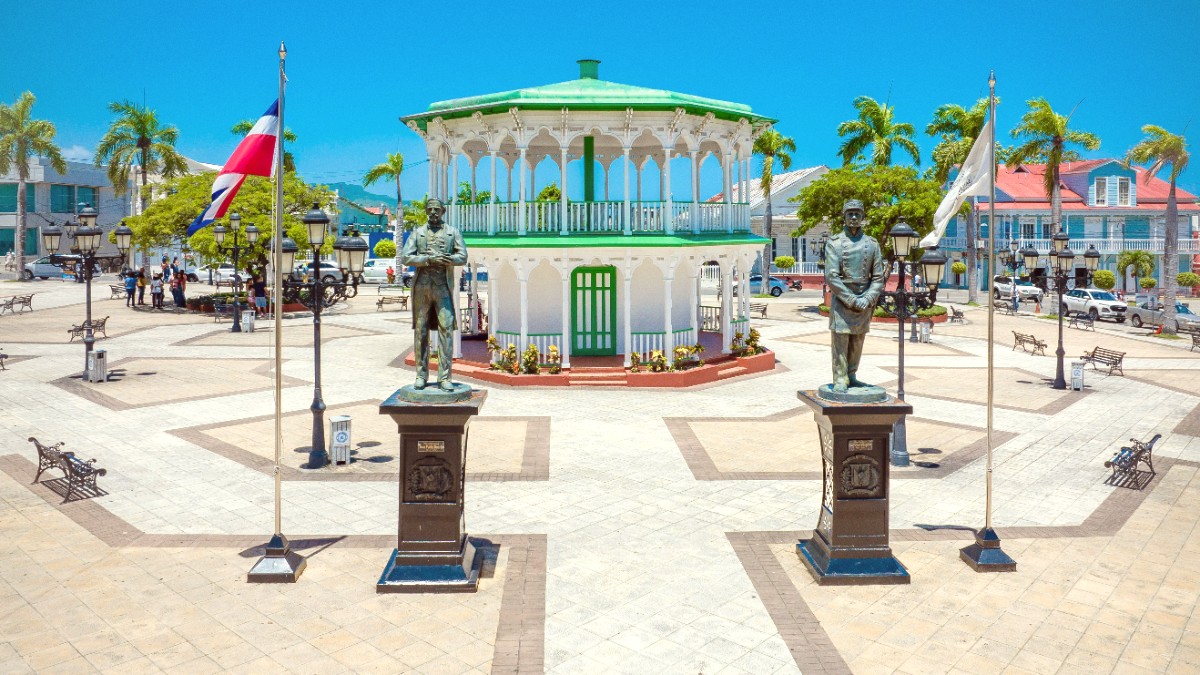
Dominican Republic
This national park, encompassing the mountain and its botanical gardens, focuses on protecting the region's flora and fauna.
A dedicated reserve for the West Indian Manatee, highlighting conservation efforts for endangered species.
Local initiatives work to preserve the fragile coral reefs and underwater ecosystems.
Engage with local traditions and people in a considerate way.
Thoughtful engagement elevates your experience and local relations.
Always ask for permission before taking photos of individuals, especially children. Respect a 'no' if permission is declined. Be discreet and avoid flash photography in religious ceremonies.
When visiting churches or other religious sites, dress modestly, with shoulders and knees covered. Maintain a quiet and respectful demeanor, especially if a service is in progress. Remove hats when entering churches as a sign of reverence.
Opt for tour operators and accommodations that clearly demonstrate sustainable practices and community support.
Your choices as a traveler contribute to the local economy.
Direct support to local businesses ensures more of your travel funds stay within the community.
Make conscious purchases that provide fair wages for producers.
Responsible tourism comprises being aware of and avoiding exploitation.
Avoid giving money directly to child beggars. Support reputable local charities instead.
Be critical of attractions involving captive animals. Prioritize ethical wildlife viewing (e.g., Manatee Sanctuary).
Your travel decisions have a positive influence on local communities when you choose wisely.
Your travel choices can greatly affect the environment.
Waste management remains a challenge; recycling infrastructure is limited.
Water scarcity can arise, especially during drier seasons.
Look for properties that actively promote sustainable practices.
Compensate for your travel's environmental footprint and shop ethically.
Support organizations dedicated to environmental preservation.
Consider supporting conservation organizations like The Rainforest Site (GreaterGood).
Many local projects are active in preserving the unique marine and terrestrial environments.
Your travel choices can inspire local businesses to adopt more sustainable operations.
While exploring, recognize that local infrastructure may differ from what you are used to.
Your everyday choices while traveling, like bringing a reusable water bottle, significantly contribute to environmental protection.